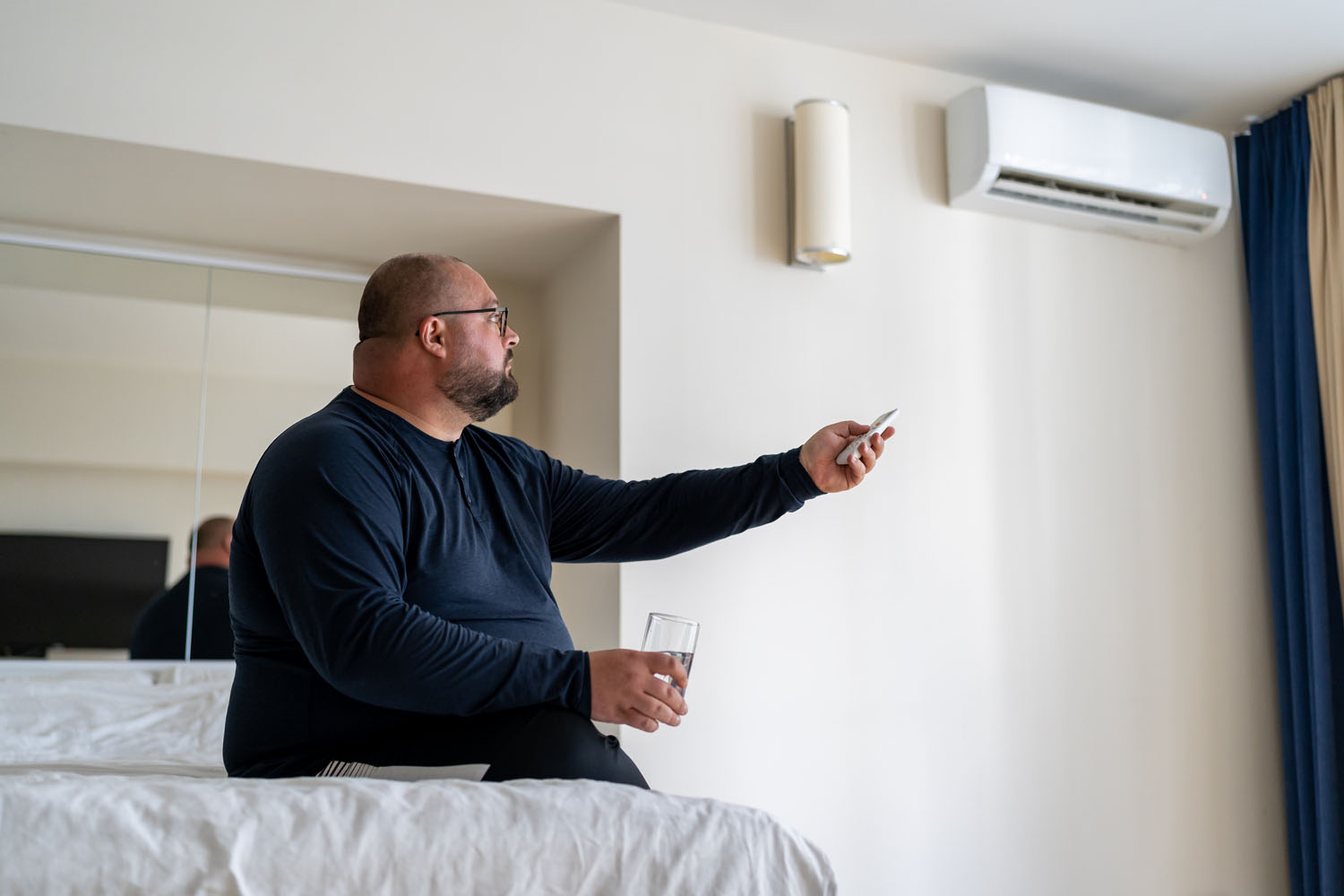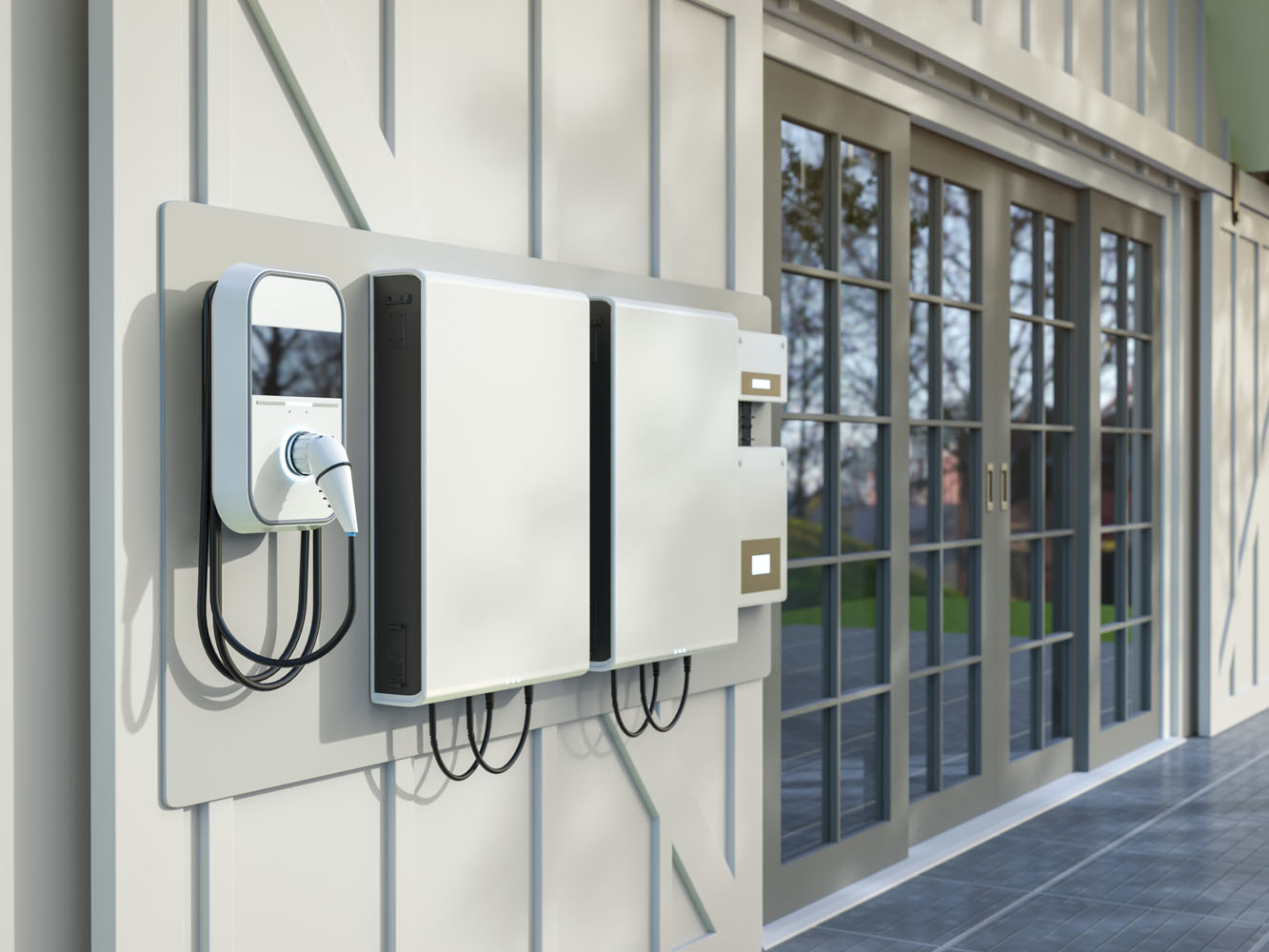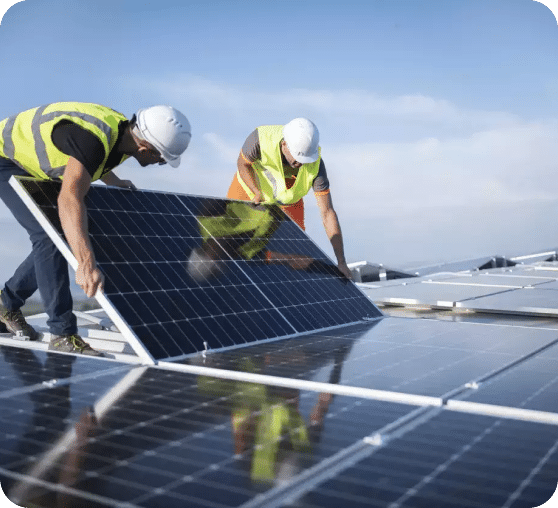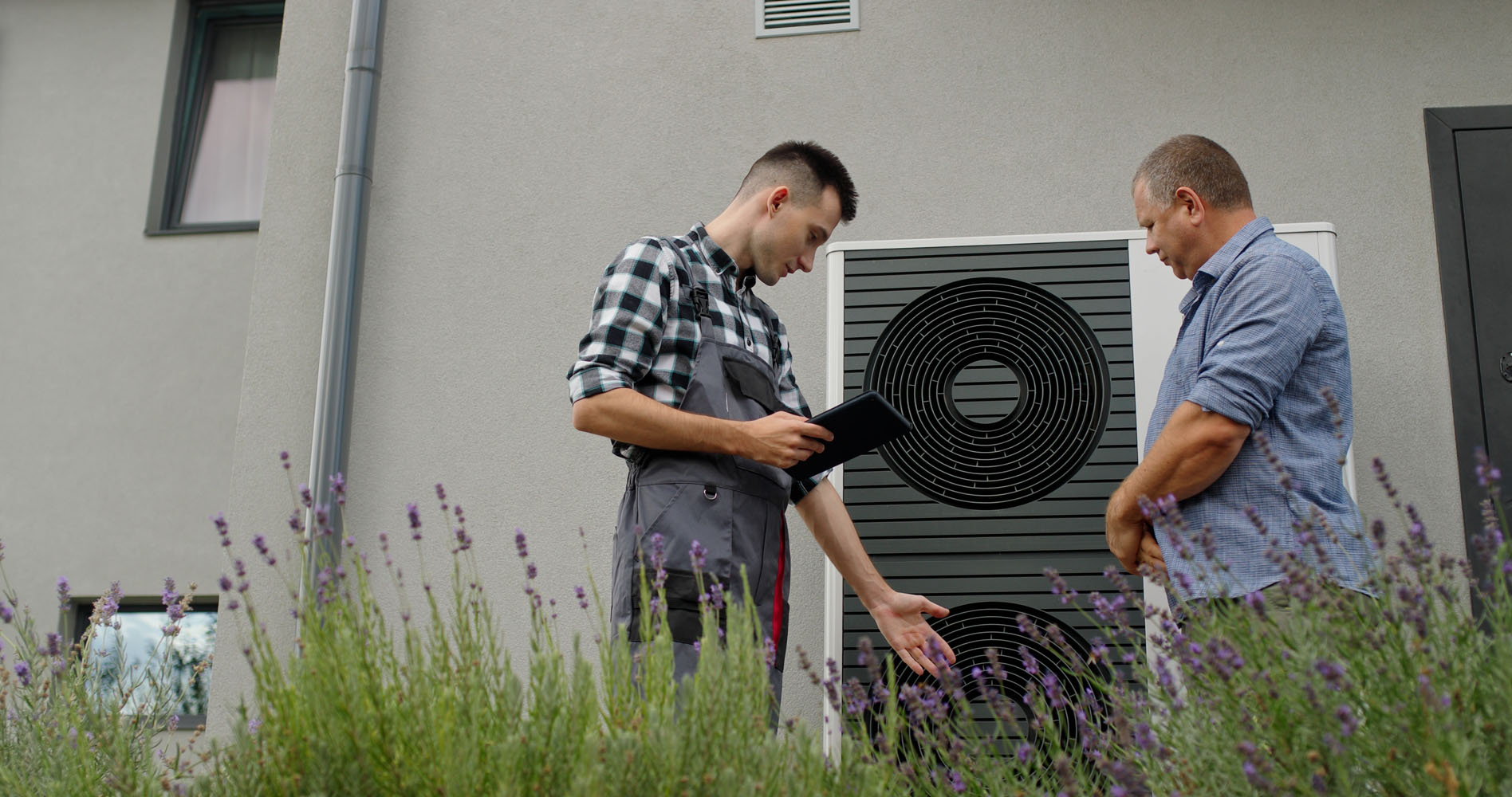Proper maintenance is key to ensuring that your hot water heat pump operates efficiently and lasts for as long as possible. While heat pumps are generally low-maintenance compared to traditional water heaters, following these best practices can extend the life of your system and keep it running smoothly.
1. Clean or Replace Air Filters Regularly
The air filter in your heat pump’s outdoor unit is crucial for maintaining good airflow. A clogged or dirty filter can reduce the efficiency of your system, making it work harder to produce hot water. To avoid this, clean or replace the air filter every 1-3 months, depending on usage and environmental factors like dust or debris around the unit.
2. Check for Obstructions Around the Outdoor Unit
For optimal performance, the outdoor unit of your heat pump needs plenty of space and airflow. Ensure that there’s at least 2 feet of clearance around the unit and that it’s free from obstructions like leaves, dirt, or other debris. Regularly check the area around the unit, especially after storms or high winds, to make sure it’s clear.
3. Schedule Annual Professional Inspections
While routine cleaning and checks can be done by homeowners, it’s essential to have your heat pump professionally inspected at least once a year. During an inspection, a technician will check the refrigerant levels, compressor, heat exchanger, and other key components to ensure everything is functioning correctly. They can also detect and fix any potential issues before they become major problems.
4. Monitor Performance
Keep an eye on your heat pump’s performance. If you notice a drop in efficiency, a sudden increase in energy consumption, or a decrease in water temperature, it’s time to call a technician. Early detection of issues can prevent more expensive repairs down the line.
5. Test the Backup Heating Element
Many hot water heat pumps come with an electric backup element that kicks in during periods of high demand or extreme cold. It’s a good idea to test this element once a year to ensure it’s working properly. Your technician can test it during the annual inspection, but you can also check it yourself by running hot water while observing whether the backup system activates.
6. Ensure the Drainage System is Clear
Heat pumps produce condensation as part of their operation, and this condensation needs to drain away from the unit. Ensure that the drainage system is free of clogs and that water is flowing away from the heat pump. Blocked drainage can lead to water damage and reduce the system’s efficiency.
Conclusion
Proper maintenance is essential to keeping your hot water heat pump running smoothly and efficiently for years to come. By following these best practices and scheduling regular professional check-ups, you can ensure that your heat pump operates at peak efficiency, saving you money on energy bills and extending the life of your system.







